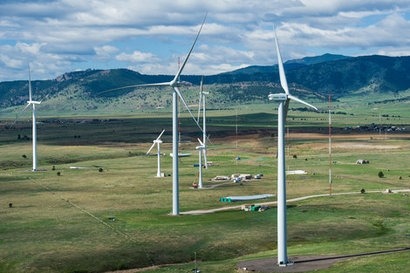
The World Energy Council report benchmarks the sustainability of national energy systems and shows that the best performing nations tend to be developed countries with higher shares of energy coming from low or zero-carbon energy sources supported by well-established energy efficiency programmes. According to the ETI, this means that the UK must make critical decisions about the design of the country’s future energy system by 2025. It must also initiate planning, based on robust evidence, in order to avoid wasting investment and ensure the 2050 targets remain achievable.
Now in its fifth edition, the World Energy Council’s annual ranking of energy and climate policies registers overall improvements across the three dimensions of the energy trilemma – security, sustainability and affordability. However, this year’s report shows that only two countries out of 130 are achieving the highest ‘AAA’ balance score – Switzerland and Sweden.
While the UK remains in the top ten, it has now lost its AAA grading for energy equity, moving down the scale to AAB status. This was partly due to the uncertainty created by recent UK government announcements on subsidy reduction for renewable energy technologies.
“The report highlights the challenges faced by countries wanting to develop an affordable, secure and sustainable energy system” said ETI Chief Executive Dr David Clarke. “It says the UK’s rating was downgraded partly due to uncertainty over government policy and partly as a result of the costs involved with moving to a low carbon energy system. They are not saying the UK should stop decarbonising its electricity system, but that the way it is done has an effect on costs.”
Mr Clarke added that the report reflects the ETI’s evidence showing that the UK can implement an affordable transition to a low carbon energy system by 2050 but effective planning, preparation and demonstration needs to start now and decisions taken in the next decade will be critical. There is not one single technology answer, but there is a need to develop, demonstrate and prove capability across a complementary basket of technologies, including replacing the UK’s nuclear power stations, energy efficiency measures and generating energy from waste.
The biggest game changers from a cost perspective are carbon capture and storage (CCS) and bioenergy. This means that the certainty of policy will be critical to encourage necessary investments.
Earlier this year, the ETI published an Insights Report into the targets, technologies, infrastructure and investments needed to ensure a smooth and affordable low carbon transition out to 2050.
For additional information:

